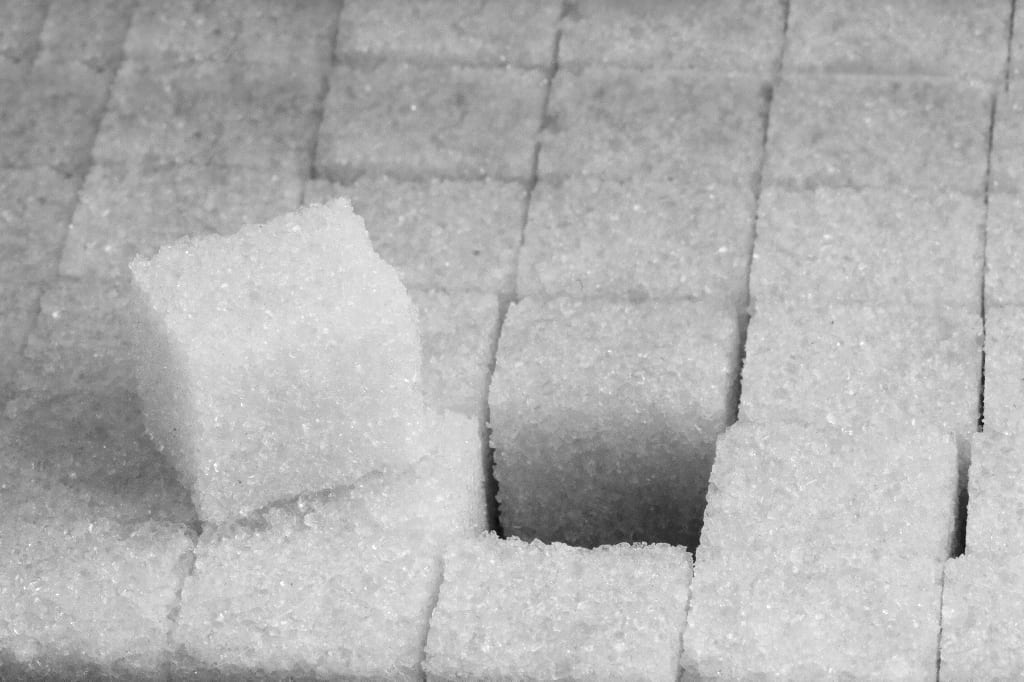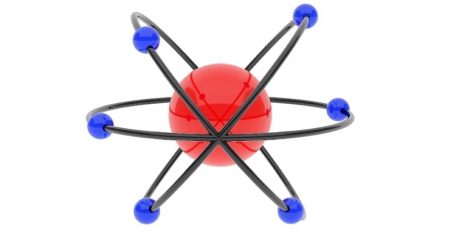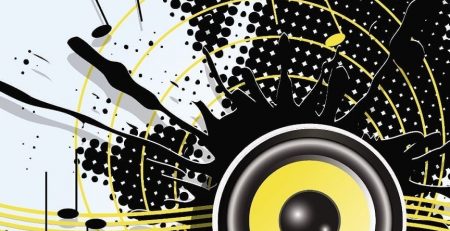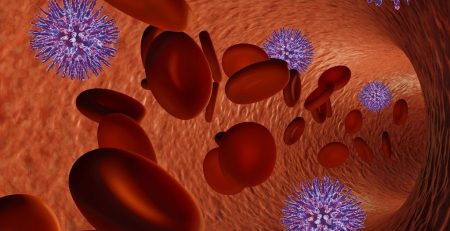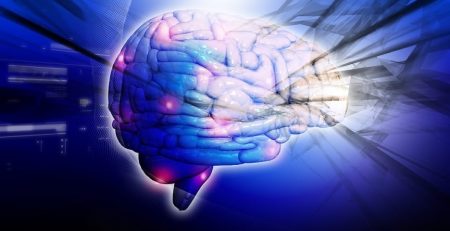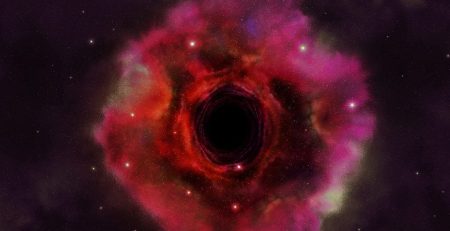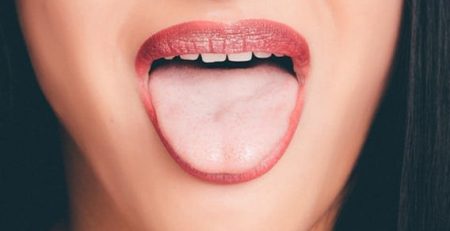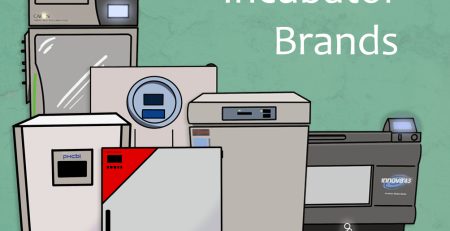The ‘Sugar Coma’ is Real
The detremental effects of sugar are something we’re all relatively familar with, but a new study in New Zealand has found that simple sugars could have an even greater impact on cognitive performance. The research, published in Physiology & Behavior by scientists from the University of Otago, outlines a double-blind, placebo-controlled study found “that glucose-containing sweeteners were linked to reduced attention and response times,” PsyPost reported.
The researchers administered a suite of cognitive tests known to employ the brain’s prefrontal cortex on 49 volunteers 20 minutes after they ingested one of three types of sugar: glucose, fructose (both single-molecule sugars), or sucrose (a larger molecule composed of glucose and fructose, commonly known as table sugar), IFLScience.com said. They found that “individual subjects scored significantly lower on the tests after they ingested a drink containing glucose or sucrose compared with when they received fructose or a placebo. The detrimental effects of these two sugars were heigthened if the subject had consumed the beverage after a 10-hour fast.”
“Our study suggests that the ‘sugar coma’ – with regards to glucose – is indeed a real phenomenon, where levels of attention seem to decline after consumption of glucose-containing sugar,” study author Mei Peng said. Of course, additional research is necessary for assessing the short-term effects of different sugars on cognition. Prior research actually found that ingestion of glucose immediately prior to taking a test improved response time and memory. Also, the total energy levels in this test were not standardized as each of the beverages used in this test had different caloric content.




